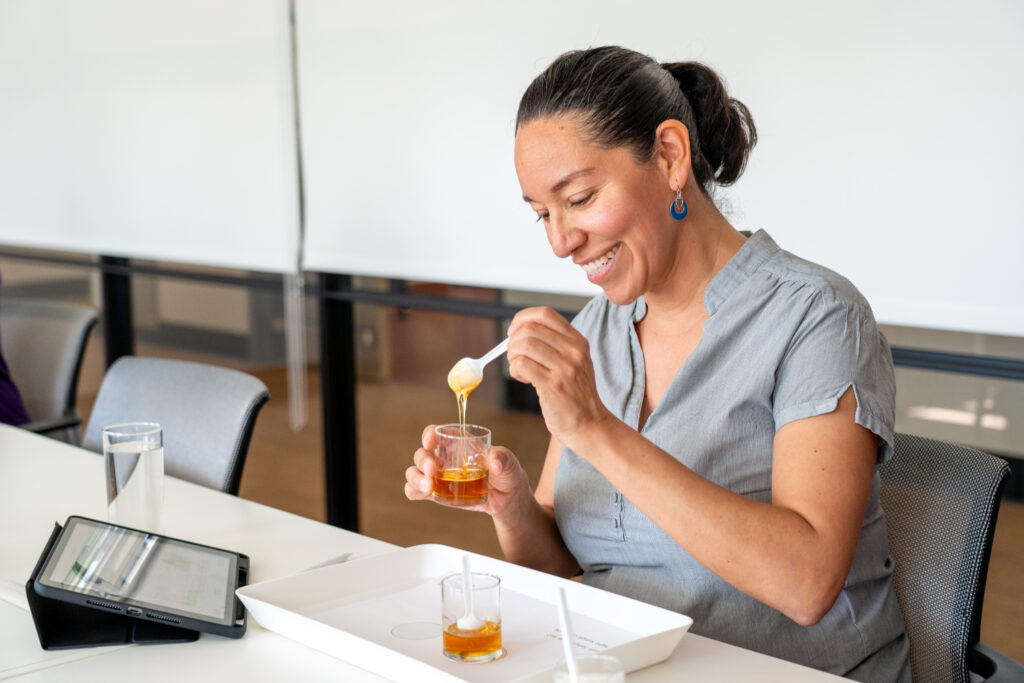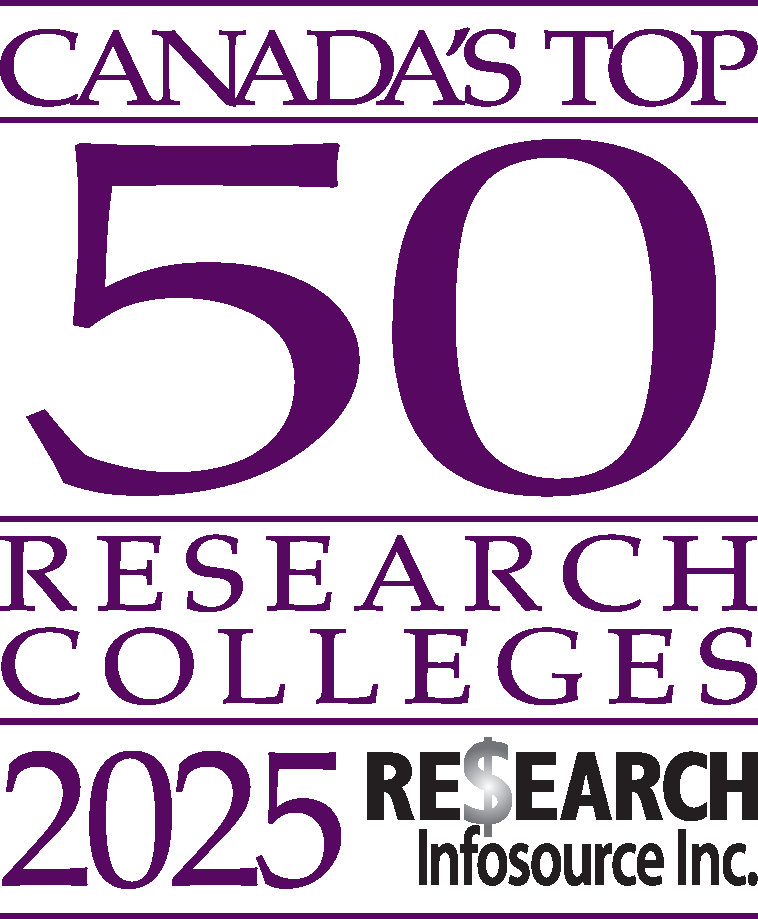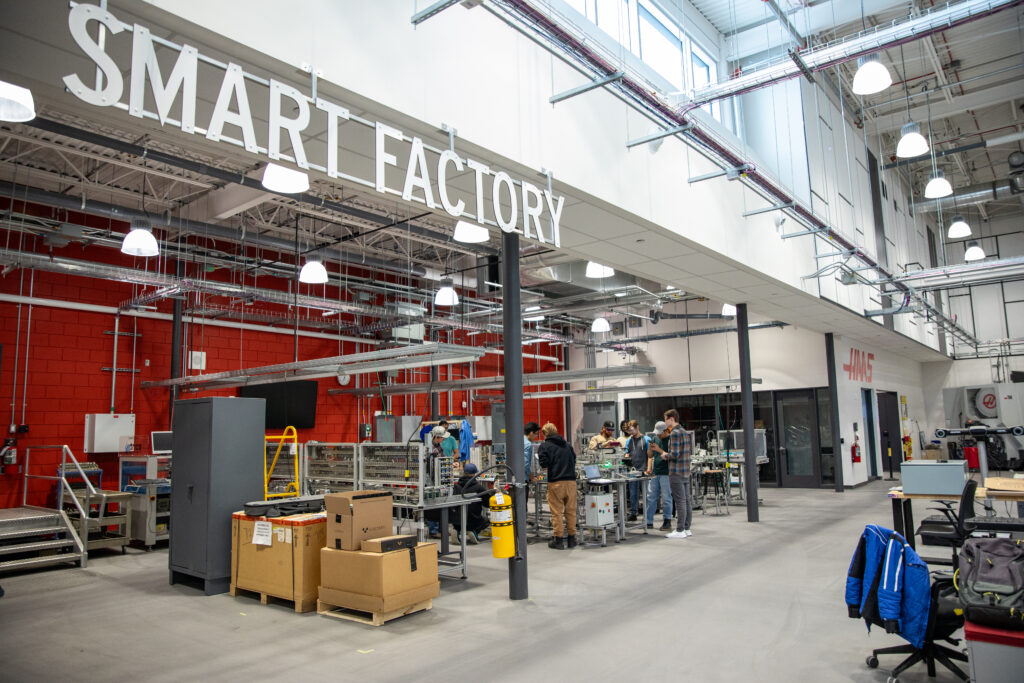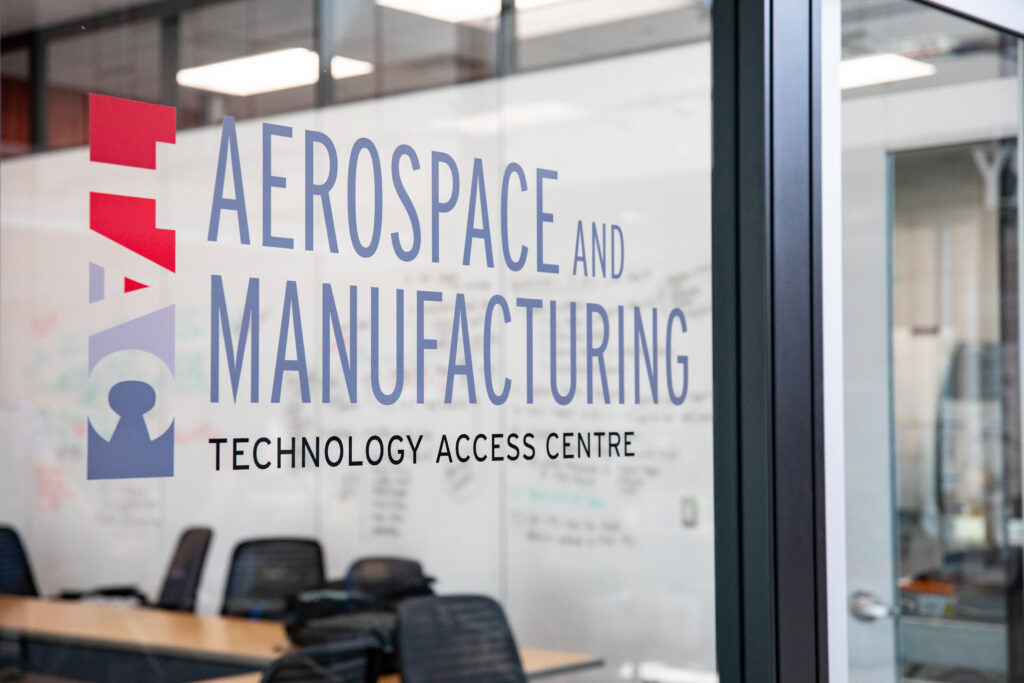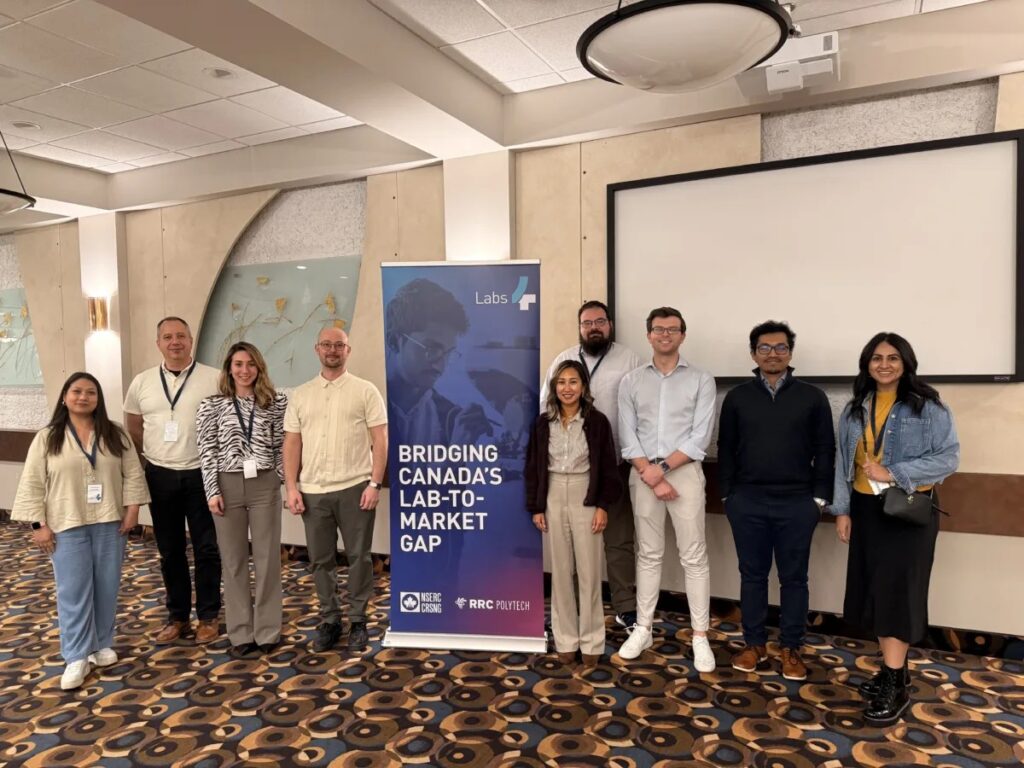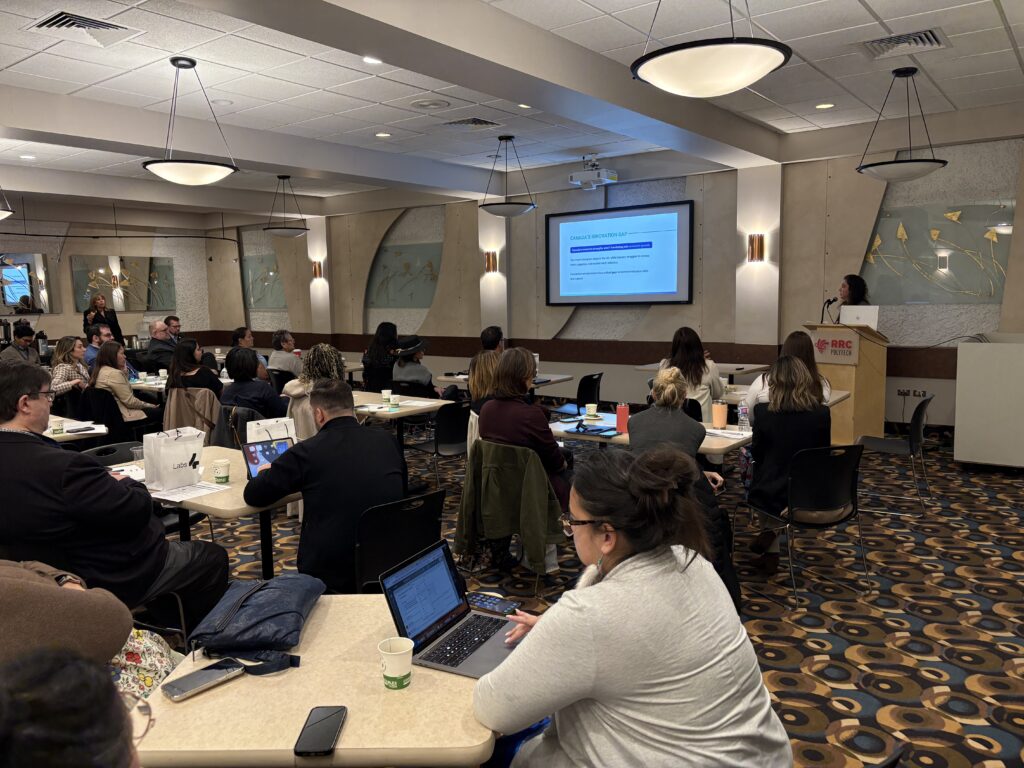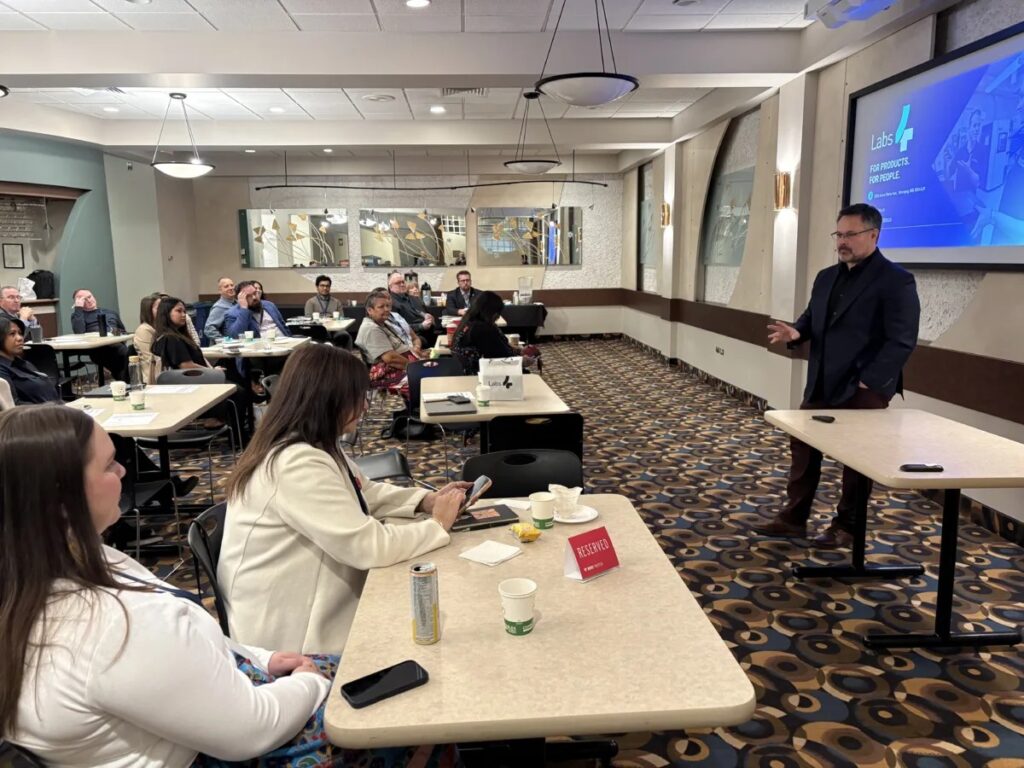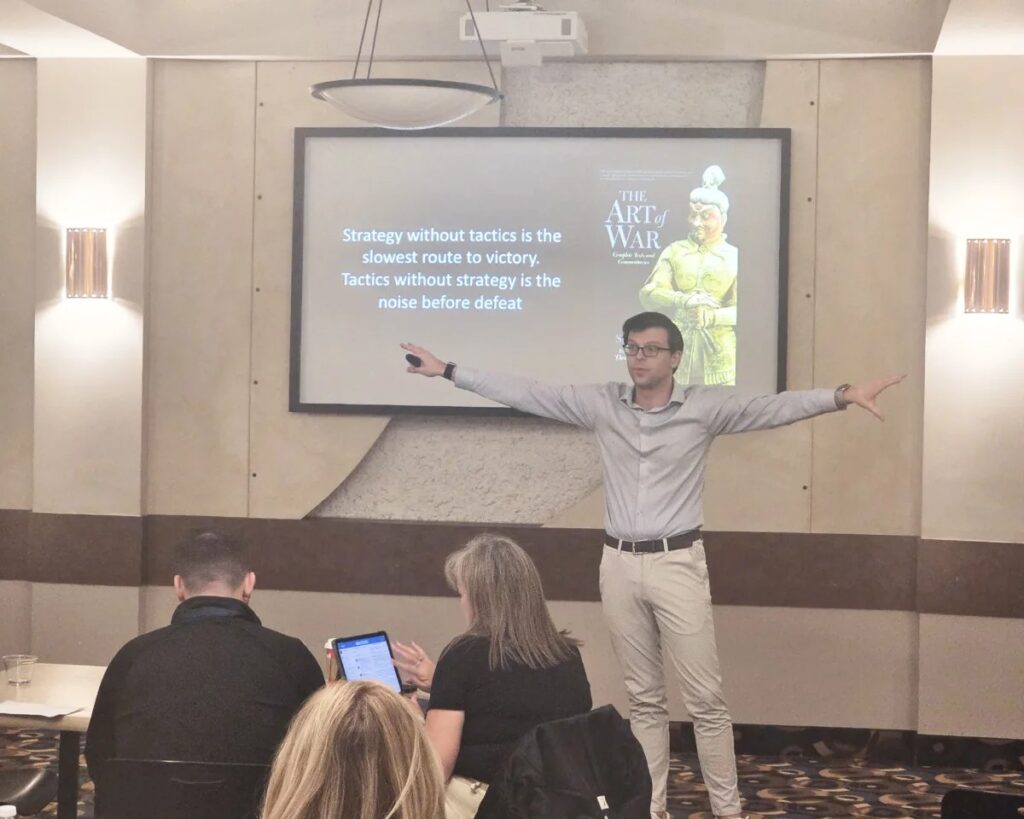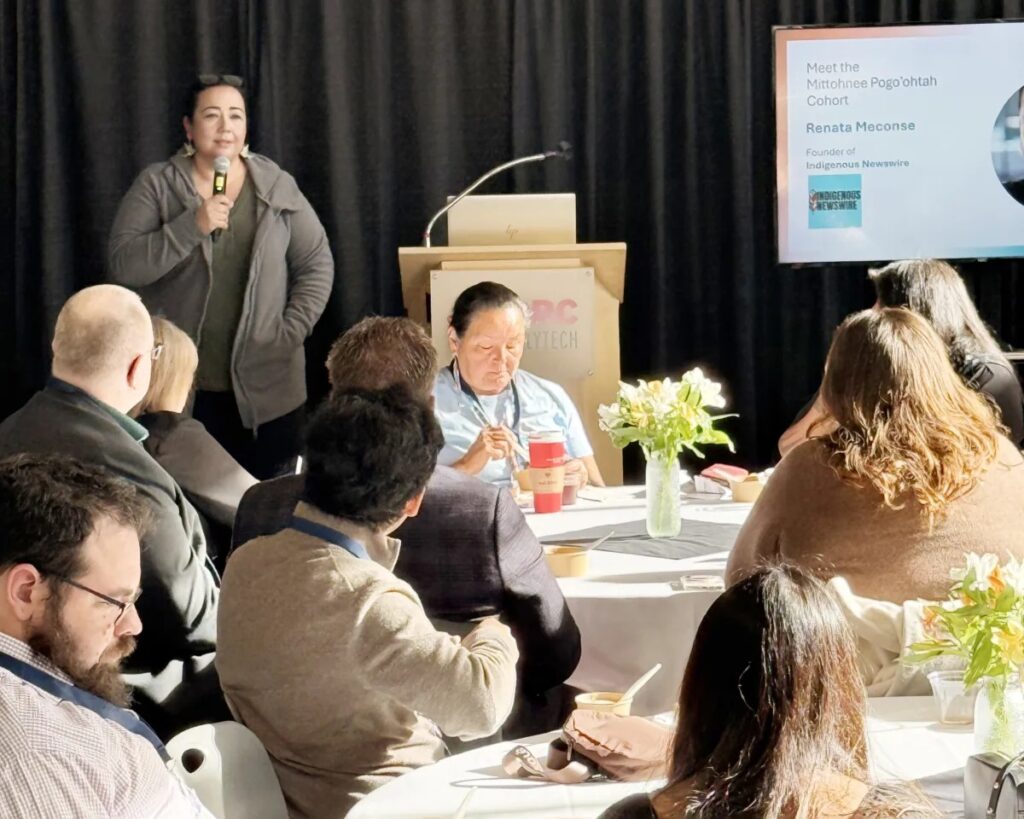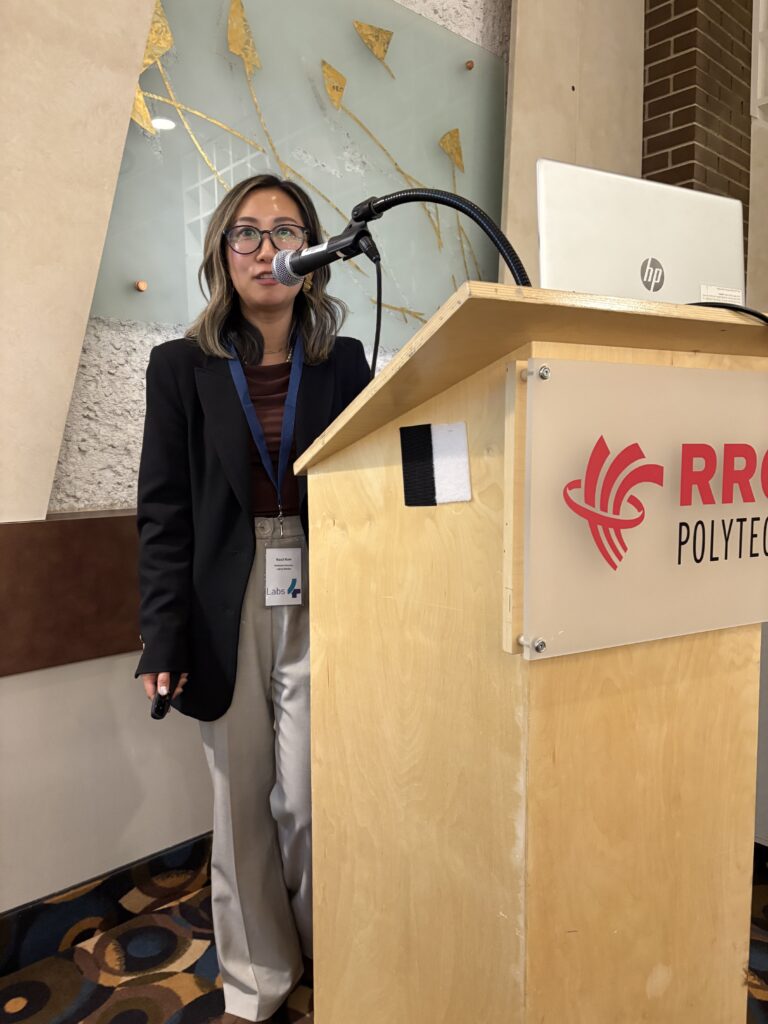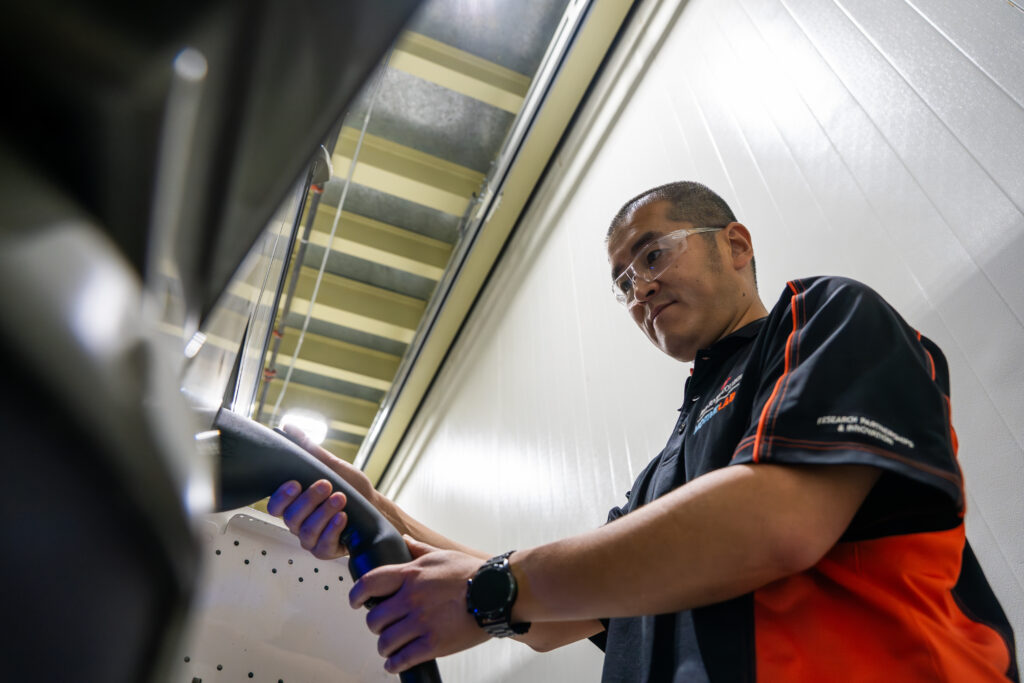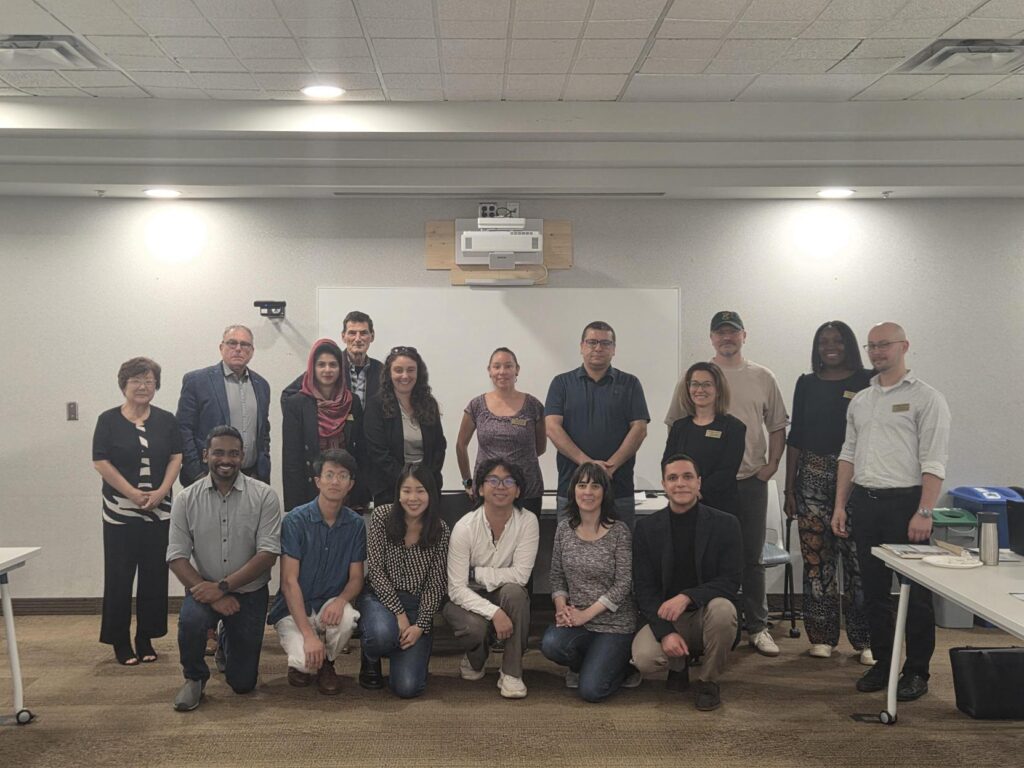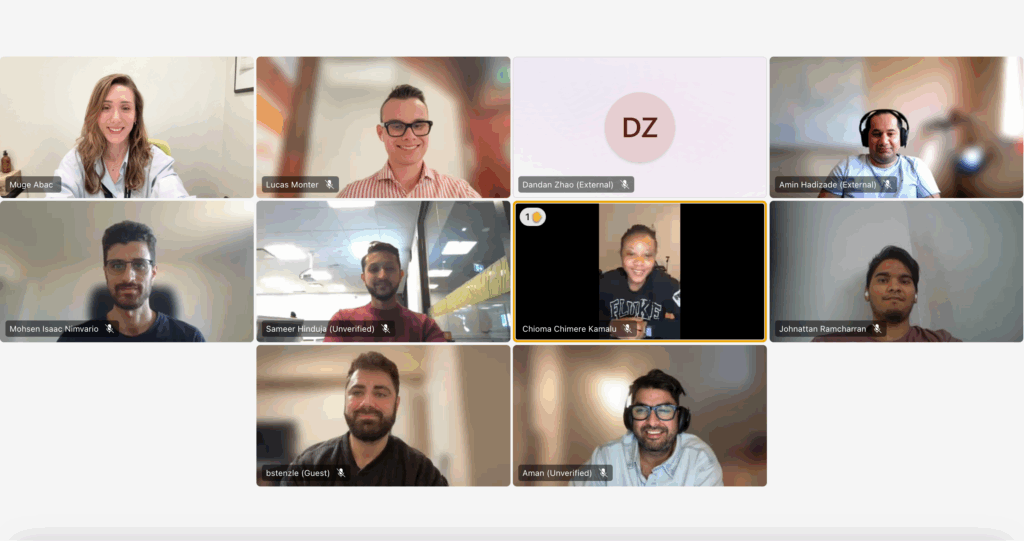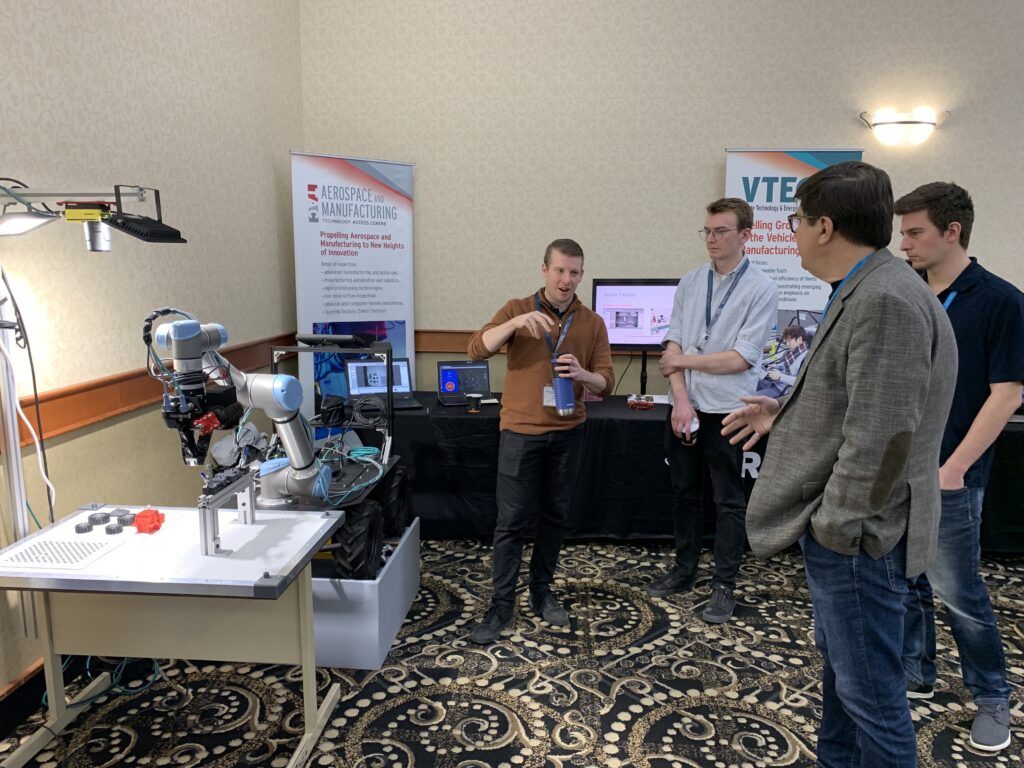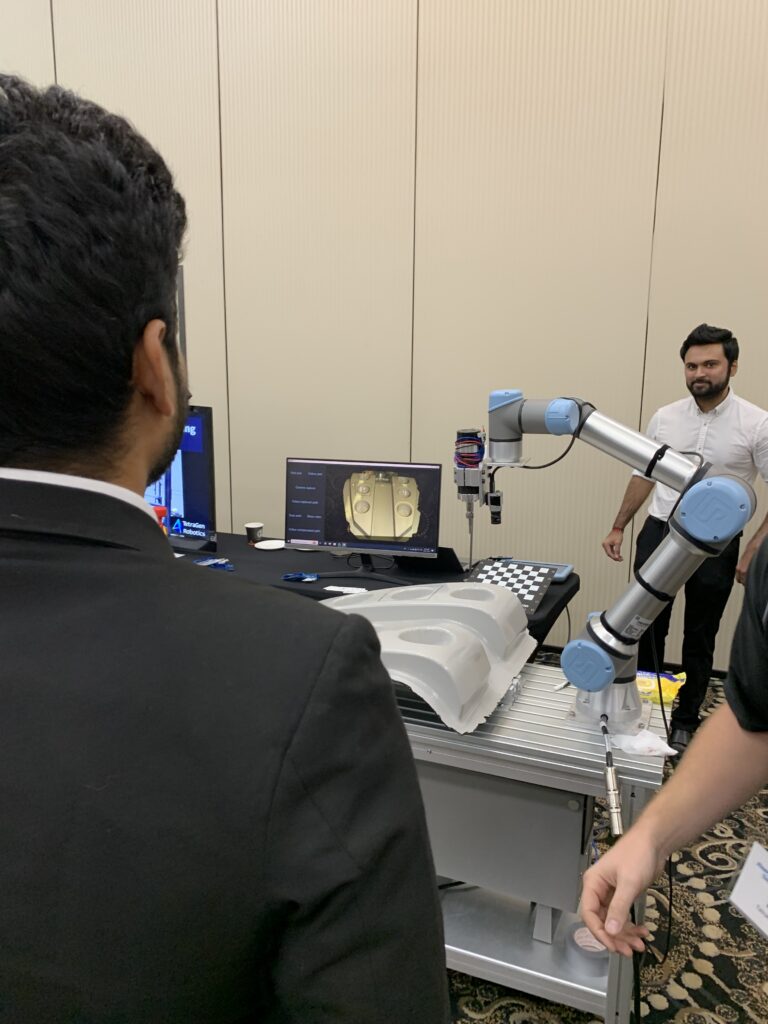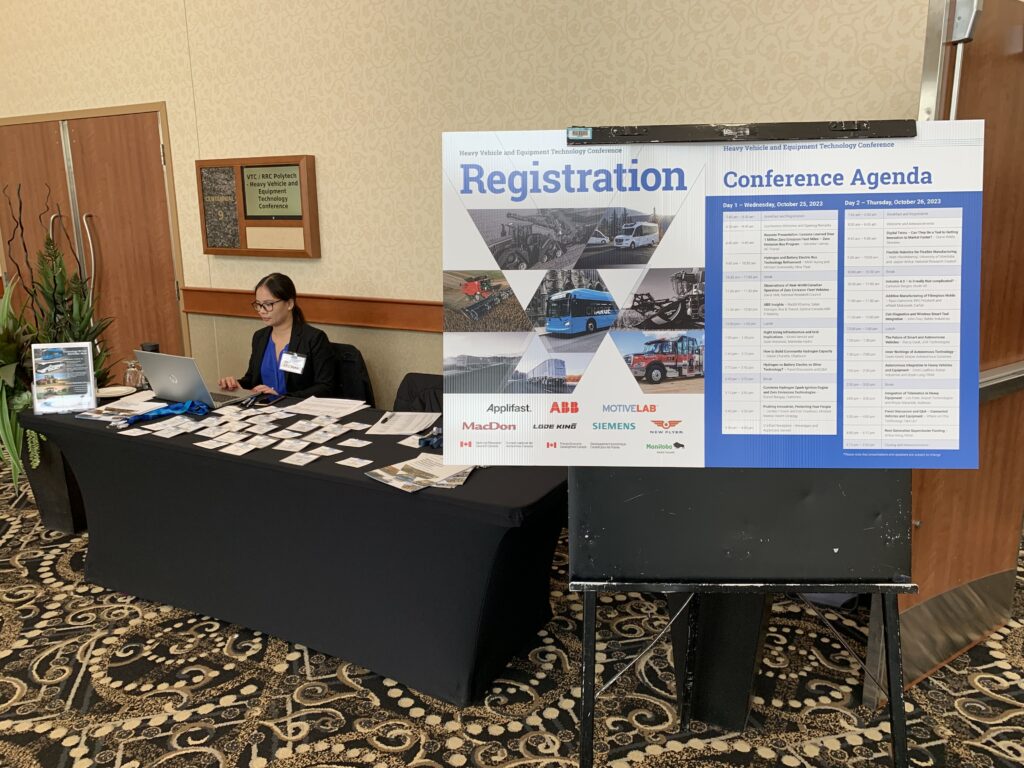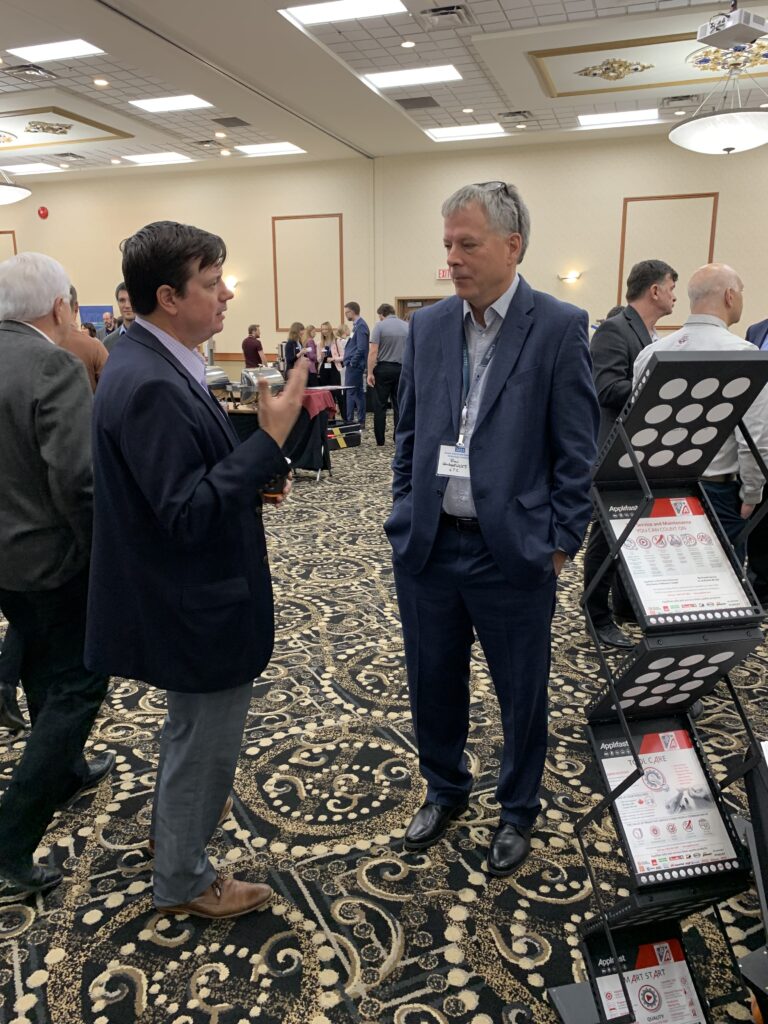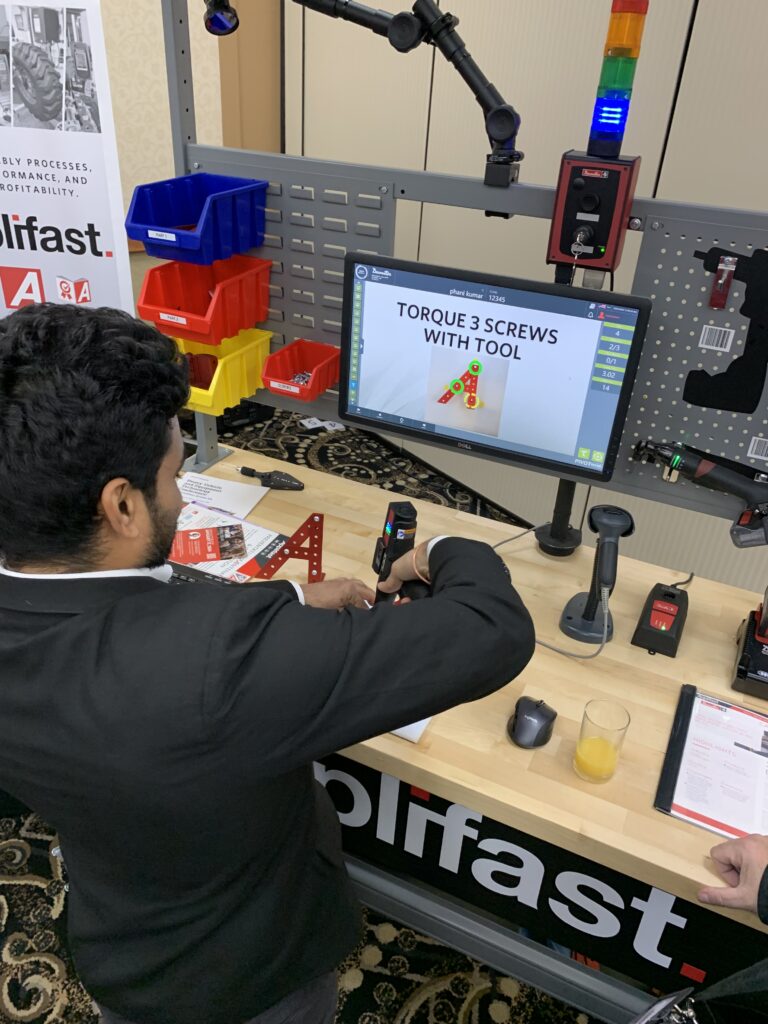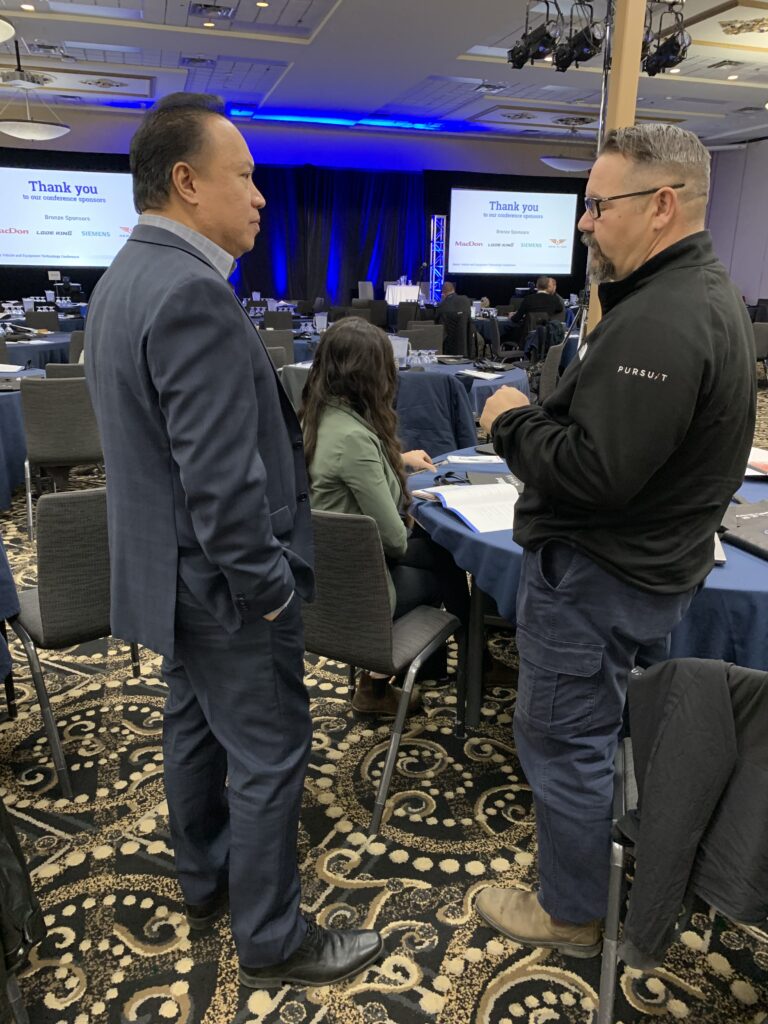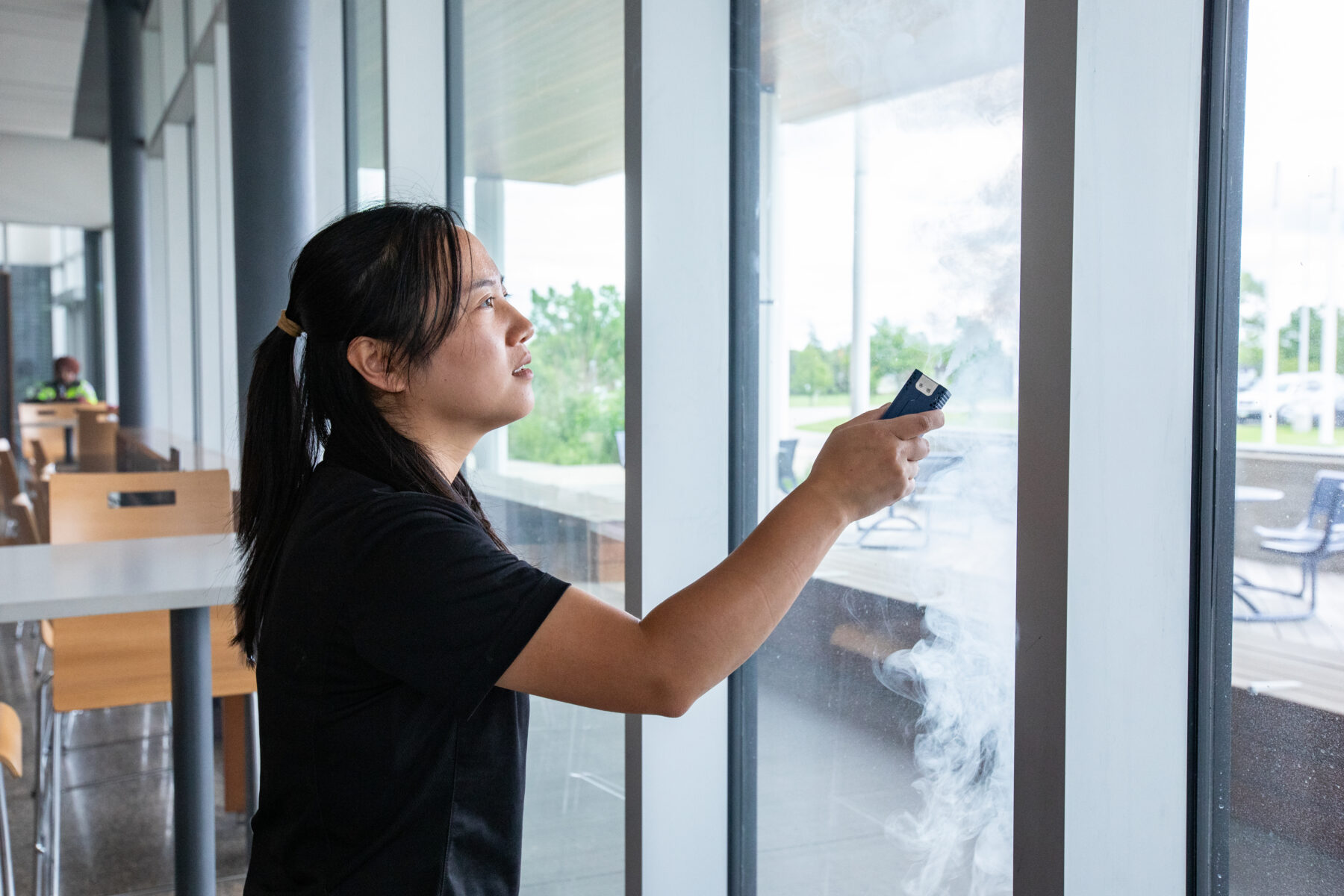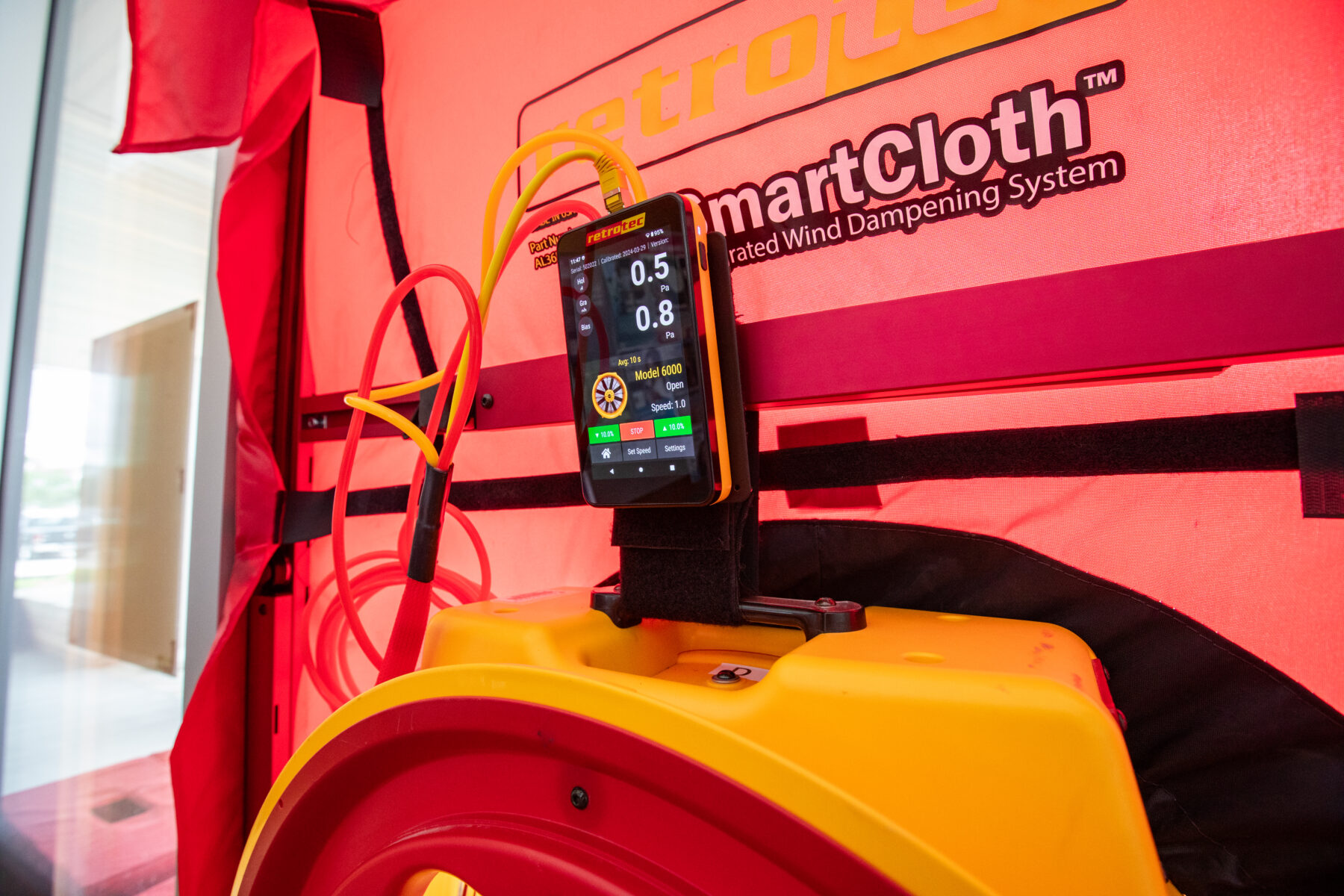RRC Polytech’s Prairie Research Kitchen and Bee Maid Create a Buzz with All-Canadian Hot Honey
A dip, a drop, or a drizzle of hot honey can add an irresistible combination of heat and sweet to almost any dish. Hot honey is the latest sensation that’s tickling the tastebuds of consumers, from casual diners to connoisseurs, and bursting onto menus around the globe as a featured flavour – and Canadian producers are eager to capitalize on the opportunity by ensuring this innovative food trend sticks around to become a new standard.

Bee Maid Honey Limited, a co-operative owned and operated by over 300 Western Canadian beekeepers, recently partnered with RRC Polytech’s Prairie Research Kitchen (PRK) to develop its own unique version of hot honey that uses chipotle to bring some smoky heat to its traditionally sweet and pure product.
“For over 70 years, Bee Maid has proudly packed the finest quality white, golden and amber honey produced in Alberta, Saskatchewan and Manitoba,” said Shannon Bowden, Senior Brand and Communications Manager at Bee Maid. “Our iconic brand is world-renowned for traceability, quality assurance, and sustainability – but prior to collaborating with the Prairie Research Kitchen we didn’t have the staff or product development resources to fully explore flavour enhancements like this.”
After connecting at Food and Beverage Manitoba’s annual Cultivate Sustainability Conference and Trade Show, their shared mission was clear and time was of the essence so the first-time partners skipped the complex waggle dance and got right to work swarming the problem with their collective expertise.
“Bee Maid’s chipotle hot honey is a tasty example of how Prairie Research Kitchen leads food innovation by supporting companies and communities with access to state-of-the-art facilities and a team of professional and student researchers who specialize in blending food science with culinary skills to solve specific challenges,” said Mavis McRae, Director of RRC Polytech’s Prairie Research Kitchen.
Many hot honey products popularized in the US refer to its breakthrough use in the Nashville area and rely on a nondescript pepper blend to achieve its ‘hot’ characteristic, focusing more on heat than on flavour. Bee Maid’s experts worked closely with the PRK team to develop a 100% Canadian version with heat from a defined flavour profile that chefs with refined palates can instantly identify and trust to be consistent in their recipes.
“Creating a great tasting new product that will stand out in a competitive marketplace was only part of the challenge in this project,” explained McRae. “Honey crystallizes quickly when other ingredients are introduced so we had to perform many trials to determine the right combinations for a hot flavour profile that would complement and elevate Bee Maid’s delicious amber honey, while maintaining its smooth texture and prolonging its shelf life.”
After months of sensory and stability testing to perfect the process, the final product was launched and received rave reviews at Toronto’s annual Restaurants Canada Show, the nation’s largest hospitality and food service trade event in the spring. Gordon Food Service is currently distributing it to customers across Canada under its Brickman’s Brand, and it’s already featured prominently on the menus of local restaurants.

A Little Pizza Heaven now offers the ‘Heavenly Hot Honey’ a buzzworthy combination with chicken, bacon, spinach, and roasted red peppers as part of its gourmet lineup and suggests a hot honey drizzle as a flavour upgrade on any pizza.
“We tried it and loved it,” said co-owner, Dave Fox. “It was a no-brainer for us to add a high-quality ingredient that’s trending with our customers, but there’s also tremendous value in supporting local honey producers because it’s our philosophy that cooperation within the sector drives economic success for everyone across the province.”
Working together for mutual benefit has been a consistent theme on the project which helped to qualify it for federal funding through a Natural Sciences and Engineering Research Council of Canada (NSERC) Applied Research and Development (ARD) grant. RRC Polytech’s Culinary Arts students and chef instructors also gained some valuable experience by testing their own creativity when showing off the honey’s versatility in a recent culinary competition.
With an innovative new food item that serves as a testament to teamwork and the importance of surrounding one’s self with a strong hive, Bee Maid is confident that the success of the project will linger like the layers of flavour in its chipotle hot honey.
“Adding a little spice to our classic lineup of products immediately ignited sales with our commercial clients and we’re hopeful a retail option will be coming soon,” said Bowden. “We couldn’t have done it without our partners at PRK, so we’re excited to continue building relationships that allow Bee Maid to explore new product opportunities, increase market growth, and demonstrate our belief in the power of collaboration.”

